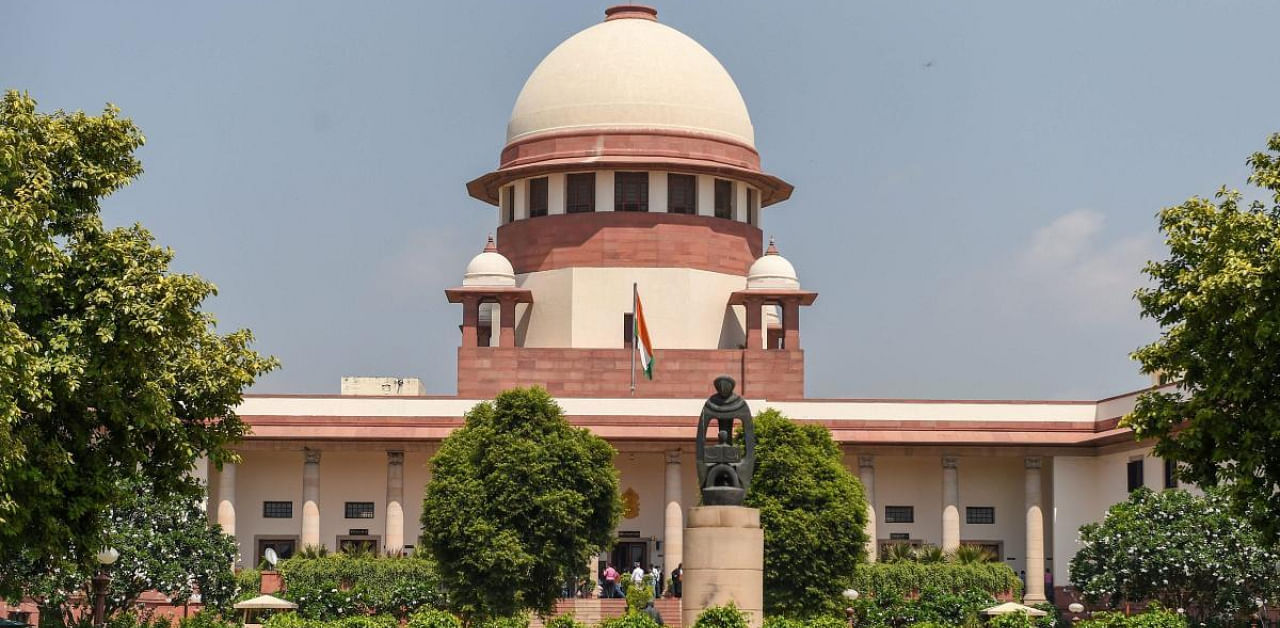
The Supreme Court would on Monday pronounce its judgement on a plea to allow states to grant the benefit of reservation of seats to in-service doctors in Post Graduate degree courses.
A five-judge Constitution bench of Justices Arun Mishra, Vineet Saran, Indira Banerjee, M R Shah and Aniruddha Bose would deliver the verdict on August 31 in a writ petition filed by Tamil Nadu Medical Officers Association and others.
The top court had on July 14 reserved its judgement.
The petitioners, including doctors from Kerala, Maharashtra and Haryana, contended giving reservation benefits would encourage those working in government hospitals and in rural areas.
They challenged the validity of the Post Graduate Medical Education Regulations, 2000, framed by the Medical Council of India.
Notably, 50% seats in PG diploma courses are reserved for medical officers in the government service but the MCI regulations barred it in PG degree courses.
All the admission to PG degree courses are conducted through the National Eligibility cum Entrance Test and 50% seats are filled through all India quota and the remaining 50% from state quota.
The petitioners pointed out the hardships faced by in-service candidates who were working around the clock for the benefit of the public and could hardly find time to update their knowledge and compete with the general merit candidate.
They further contended that denying a separate channel of entry to the public sector or government doctors who served for years to under-privileged and under-served for the admission to PG Medical degree would discourage the motivated young medical graduates from taking up service. This could merely result in graduate doctors going for coaching classes for admission to the PG medical courses, in which case the whole public health care system serving the poorest of the poor population would suffer to a great extent.
The Centre, as well as the MCI, opposed the plea, saying granting reservations or a separate source of entry for in-service candidates would directly impinge on the authority of MCI to coordinate and determine standards of medical education.
The MCI regulation provided an incentive to in-service candidates at the rate of 10 % of the marks obtained, for each year of service in remote and/or difficult areas upto a maximum 30 % of the marks, in the NEET examination.
On April 24, 2018, the top court had declined to pass any interim order in the matter.
